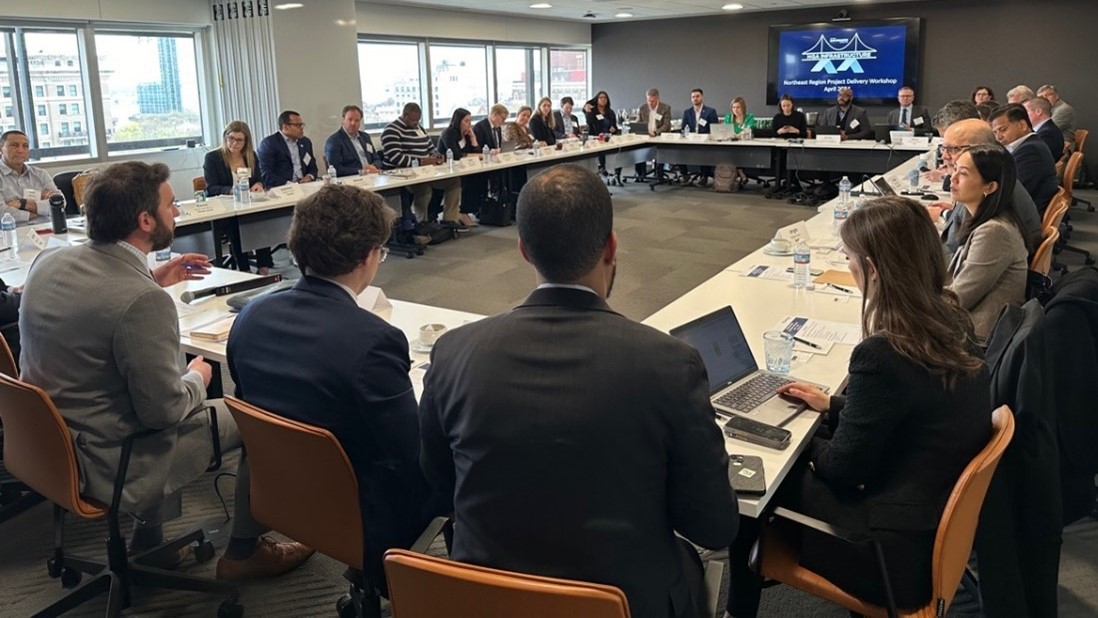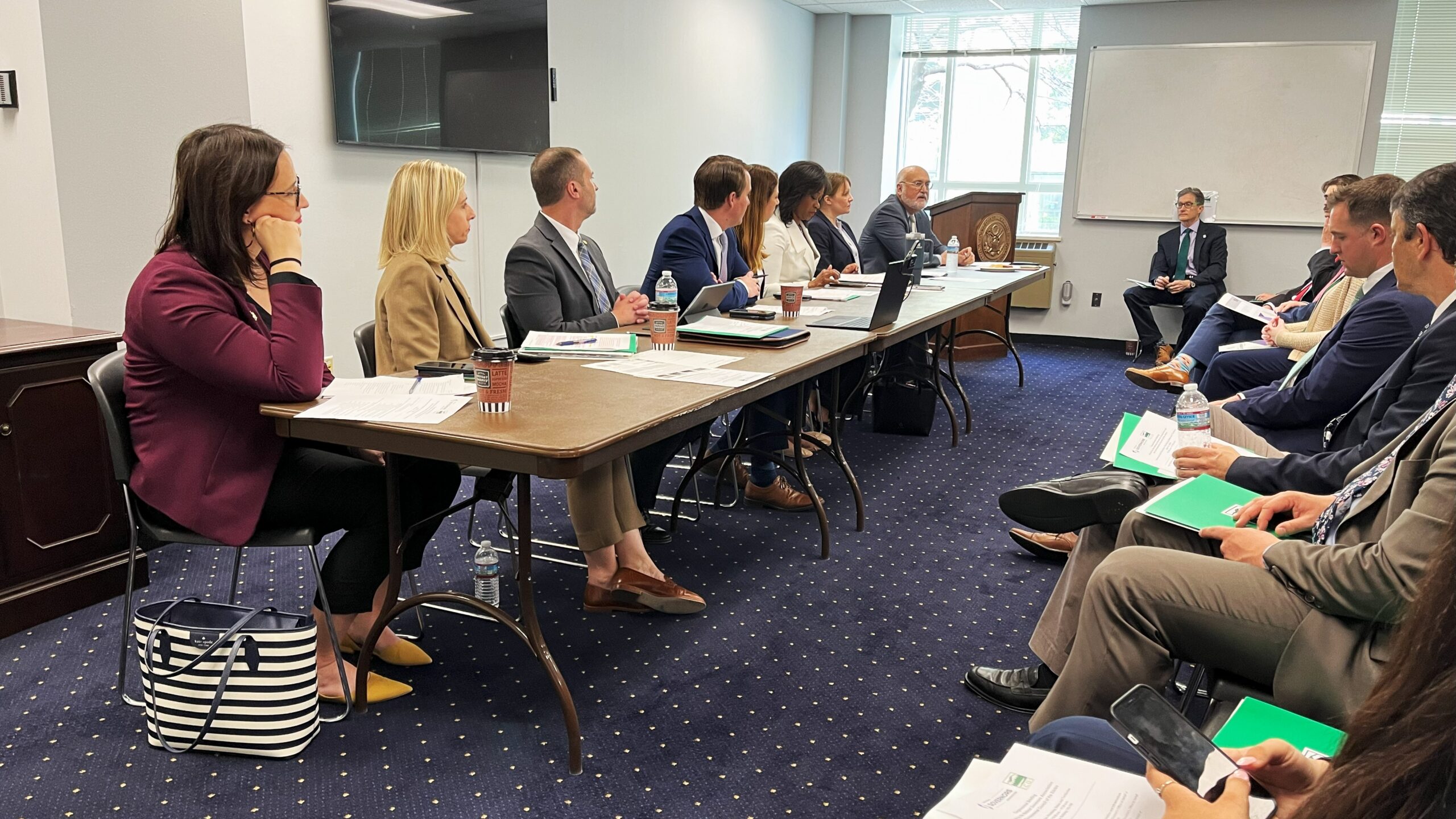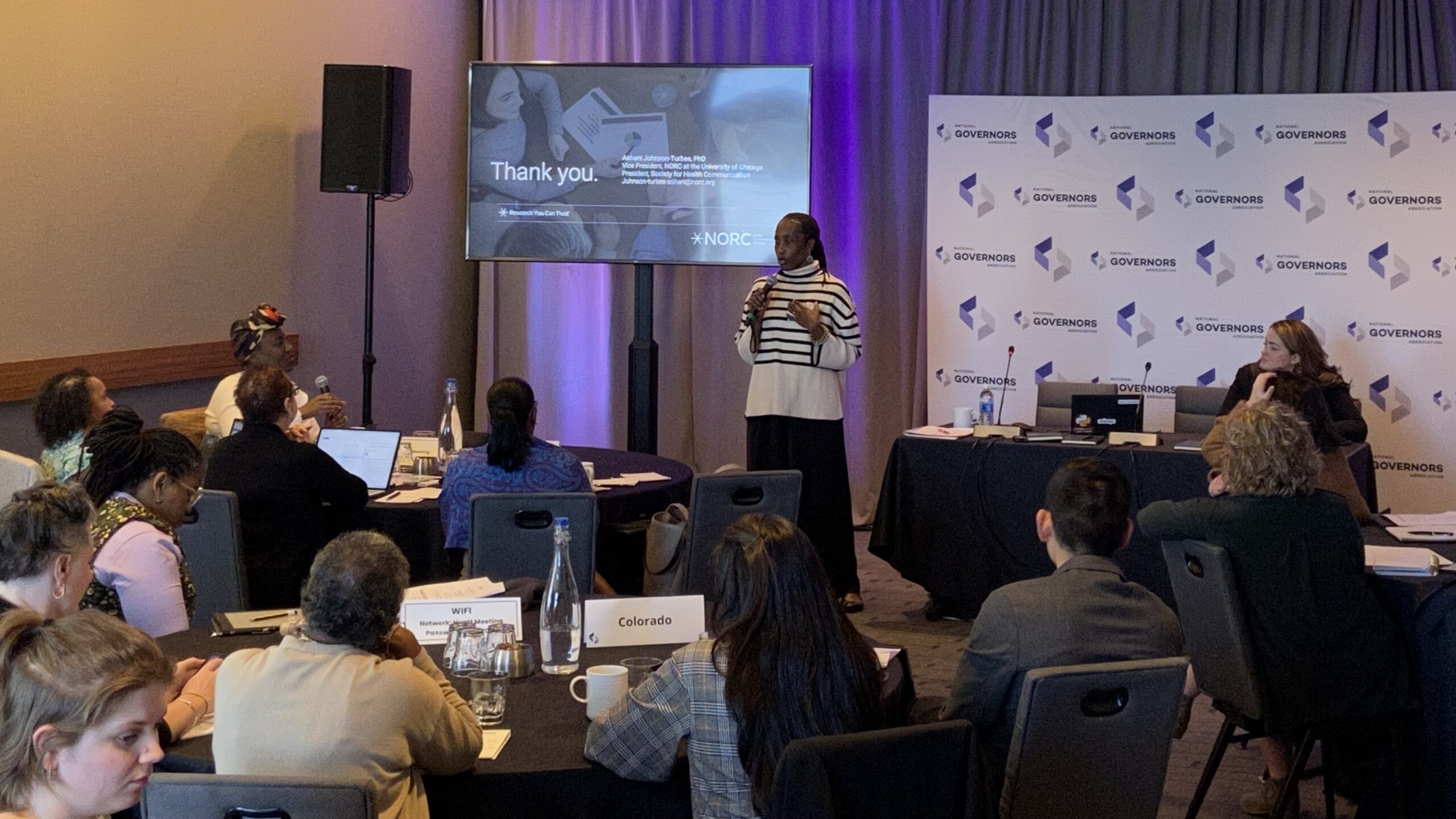The Honorable Mitch McConnell
Majority Leader
U.S. Senate
Washington, D.C. 20510
The Honorable Chuck Schumer
Minority Leader
U.S. Senate
Washington, D.C. 20510
The Honorable Paul Ryan
Speaker
U.S. House of Representatives
Washington, D.C. 20515
The Honorable Nancy Pelosi
Minority Leader
U.S. House of Representatives
Washington, D.C. 20515
The Honorable Orrin Hatch
Chairman, Committee on Finance
U.S. Senate
Washington, D.C. 20510
The Honorable Ron Wyden
Ranking Member, Committee on Finance
U.S. Senate
Washington, D.C. 20510
The Honorable Kevin Brady
Chairman, Committee on Ways & Means
U.S. House of Representatives
Washington, D.C. 20515
The Honorable Nancy Pelosi
Minority Leader
U.S. House of Representatives
Washington, D.C. 20515
Dear Majority Leader McConnell, Minority Leader Schumer, Speaker Ryan, Minority Leader Pelosi, Chairman Hatch, Ranking Member Wyden, Chairman Brady, and Ranking Member Neal:
As both chambers negotiate a final package of comprehensive federal tax reforms in the Tax Cuts and Jobs Act, (H.R.1), the nation’s governors write to urge conferees to adopt a conference report that minimizes unintended consequences for states, as the federal and state tax systems are complex and often interconnected. While each governor has their own perspective on the bill as a whole, we write to highlight those issues that could have an adverse impact on the states collectively.
The financing engine that drives U.S. infrastructure is the $3.8 trillion municipal bond market. Changes to federal laws and regulations should not increase issuance costs to states for municipal bonds or diminish investor demand for them.
Governors appreciate that the House and Senate preserved the exclusion from taxable income for interest earned on municipal bonds directly. However, the proposed repeal of: (i) the deduction for state and local income and sales taxes (SALT); (ii) the tax-exempt status for certain private activity bonds; and, (iii) financial management tools like advance refunding would have both direct and indirect negative effects that could make issuing future tax-exempt bonds cost-prohibitive. This would lead to more expensive public infrastructure projects or worse, decisions not to proceed with them, chilling job creation and economic growth.
NGA urges conferees to reject the House provision that would repeal the interest exclusion from taxable income for certain private activity bonds that are used to finance housing, education, infrastructure, and public hospital projects.
NGA also urges conferees to consider compromises that reduce the impact of a repeal of the SALT deduction, and consider adopting either a one-year transition period before repealing state and local authority to advance refund outstanding municipal bonds, or limit repeal to bonds issued after December 31, 2017.
Again, this letter highlights our shared perspective on the state financing issues being considered in conference. We ask conferees to work in a bi-partisan fashion to adopt a conference report that maintains balance between our state tax systems and the federal tax system.
Sincerely,
Gov. Brian Sandoval
NGA Chair
Gov. Steve Bullock
NGA Vice Chair
cc. Conference Committee members:
Sen. Mike Enzi
Sen. Lisa Murkowski
Sen. John Cornyn
Sen. John Thune
Sen. Rob Portman
Sen. Tim Scott
Sen. Pat Toomey
Sen. Maria Cantwell
Sen. Debbie Stabenow
Sen. Bob Menendez
Sen. Tom Carper
Sen. Bernie Sanders
Sen. Patty Murray
Sen. Devin Nunes
Sen. Peter Roskam
Sen. Diane Black
Sen. Kristi Noem
Sen. Rob Bishop
Sen. Don Young
Sen. John Shimkus
Sen. Sander Levin
Sen. Lloyd Doggett
Sen. Raúl Grijalva
Sen. Kathy Castor












